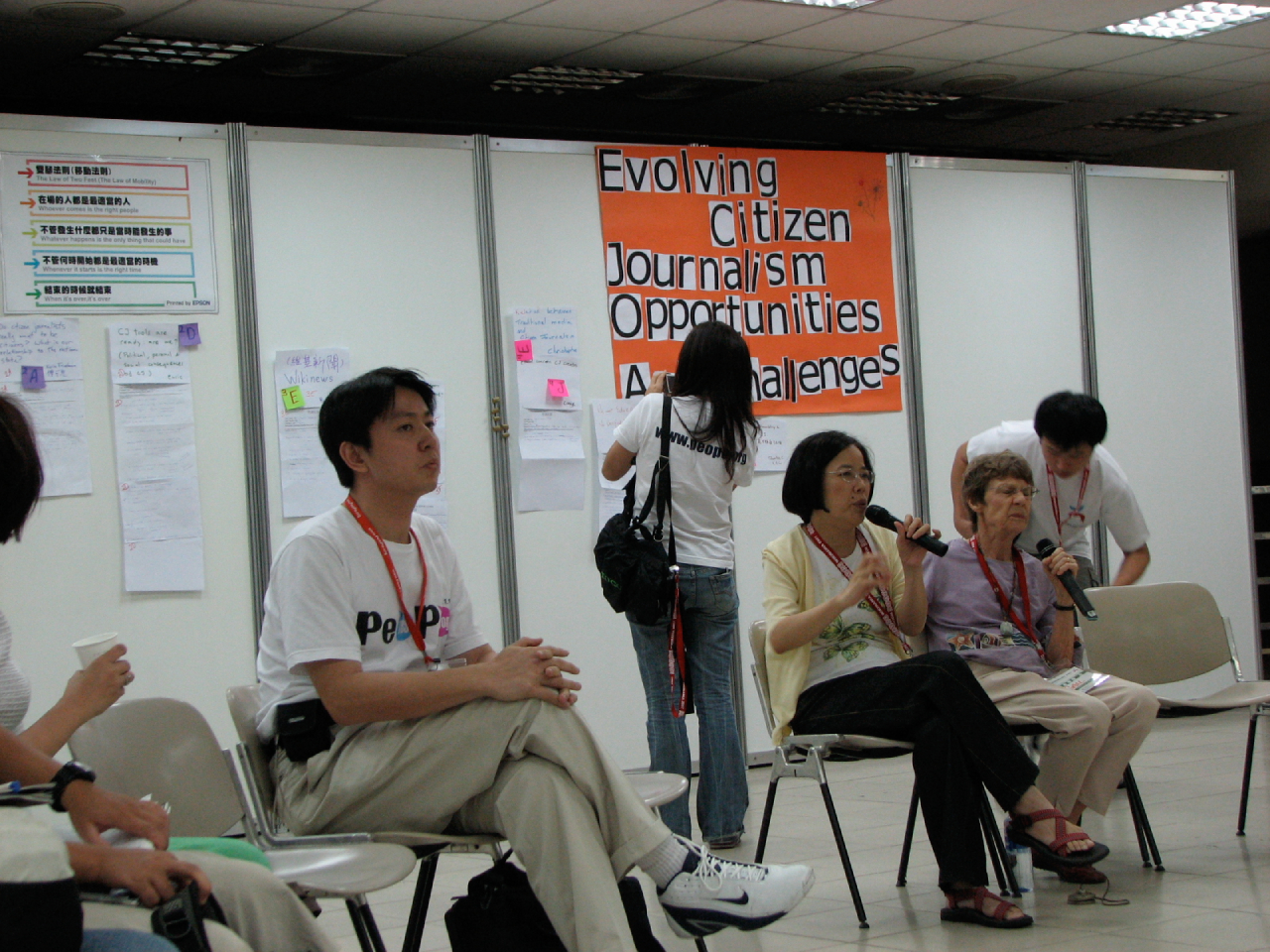Introduction
In today’s digital age, the way news is consumed and disseminated has undergone a significant transformation. With the rise of social media platforms and blogging websites, anyone with an internet connection can become a citizen journalist and report on events happening around them. This begs the question: Are citizen journalists reliable sources of news? In this article, we will delve into the pros and cons of citizen journalism, exploring its impact on traditional journalism and evaluating its reliability as a news source.
The Rise of Citizen Journalism
The advent of smartphones and social media has empowered ordinary individuals to capture and share news events instantaneously. This phenomenon has led to the rise of citizen journalism, where non-professional reporters engage in news gathering, reporting, and analysis. Citizen journalists often offer a unique perspective, providing on-the-ground coverage that traditional news outlets may miss.
The Pros of Citizen Journalism
Diverse Perspectives: Citizen journalists bring a fresh and diverse range of perspectives to the news landscape. They can shed light on local issues and underreported stories that might not receive attention from traditional media sources. These perspectives contribute to a more comprehensive understanding of the world.
Real-Time Reporting: Citizen journalists have the ability to report on events as they unfold, providing real-time updates. This immediacy allows for quicker dissemination of information, keeping the public informed in a timely manner. It has proved crucial in situations such as natural disasters or political unrest, where immediate reporting is vital.
Increased Accountability: Citizen journalism has the potential to hold those in power accountable. With the ability to document and share evidence, citizen journalists can expose wrongdoing and bring attention to important issues that may have otherwise gone unnoticed.
Engagement and Participation: Citizen journalism encourages active participation from the public, fostering a sense of empowerment and engagement. It allows individuals to have a voice in shaping the narrative and influencing public discourse.
The Cons of Citizen Journalism
Lack of Professional Training: Unlike trained journalists, citizen journalists often lack the professional training and ethical guidelines that traditional journalists adhere to. This can result in inaccuracies, bias, and misinformation being spread, potentially undermining the credibility of citizen journalism as a whole.
Limited Resources: Citizen journalists may not have access to the same resources and networks as traditional news organizations. This can affect their ability to verify information, fact-check sources, and provide in-depth analysis.
Subjectivity and Bias: Since citizen journalists are often personally invested in the events they report on, objectivity can be compromised. Biases and personal opinions may seep into their reporting, potentially distorting the facts.
Verification Challenges: Verifying the accuracy and reliability of information shared by citizen journalists can be a significant challenge. Due to the lack of editorial oversight and fact-checking, false or misleading information can easily spread.
Conclusion
Citizen journalism has undoubtedly made a significant impact on the media landscape, democratizing the news-gathering process and amplifying diverse voices. While citizen journalists offer unique perspectives and real-time reporting, their reliability as news sources is not without its challenges. Verifying information, navigating biases, and assessing credibility are essential when consuming citizen journalism. Ultimately, a combination of traditional journalism and citizen journalism can provide a more comprehensive and nuanced understanding of the world we live in.




